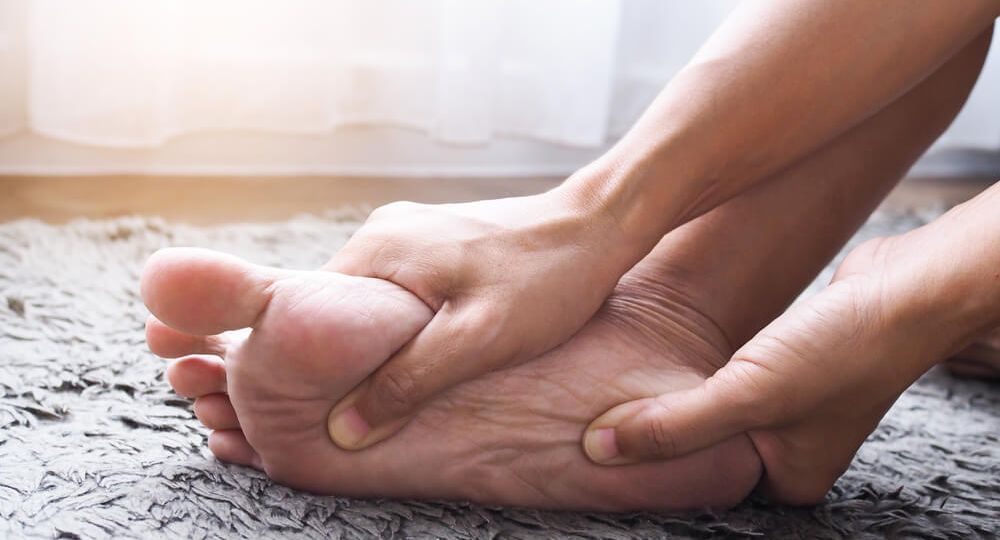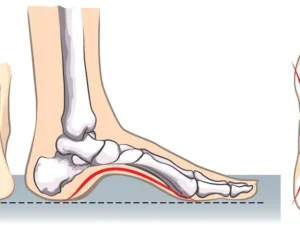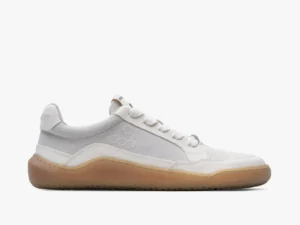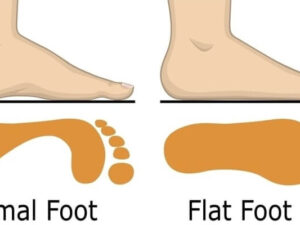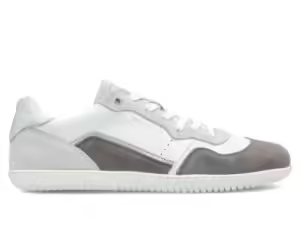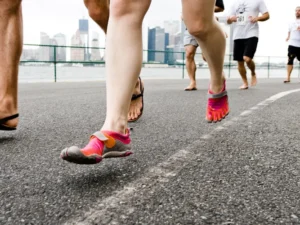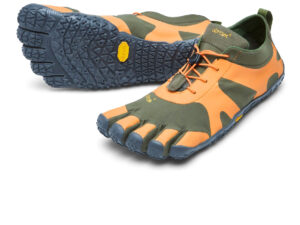If you’ve ever heard about barefoot shoes, you probably know they’re the darlings of the minimalist footwear world. They promise a more natural walking experience, letting your feet move the way nature intended. But what if you’re dealing with neuropathy—a condition that can cause numbness, tingling, and even pain in the feet? Can barefoot shoes actually help, or could they make things worse? Let’s lace up and explore this topic with a friendly stroll through the pros and cons!
What Is Neuropathy, Anyway?
Before we dive into the barefoot vs. conventional shoe debate, let’s get a quick rundown on neuropathy. Peripheral neuropathy, to be exact, is a condition that affects the peripheral nerves, often resulting in symptoms like burning sensations, numbness, tingling, or even muscle weakness. It can be caused by various factors, including diabetes, injury, infections, or even just plain good ol’ genetics.
Now, when your feet are already giving you trouble, the thought of switching up your footwear might seem daunting. But could a minimalist approach offer some relief?

The Case for Barefoot Shoes: Feeling the Ground Beneath Your Feet
- Enhanced Sensory Feedback:
One of the most touted benefits of barefoot shoes is their ability to provide better ground feedback. With thin, flexible soles, these shoes allow you to feel the terrain underfoot more keenly. For someone with neuropathy, this could be a double-edged sword. On one hand, the increased sensory input might help reawaken nerves that aren’t firing correctly. On the other hand, if you’re experiencing pain, too much feedback might be uncomfortable. It’s all about making the best, informed decision for you – and that’s kind of what I’m here for 🙂 - Encourages Natural Foot Movement:
Barefoot shoes allow your feet to move naturally, encouraging a more balanced gait. This can help strengthen foot muscles and improve overall foot health. For people with neuropathy, stronger feet could mean better stability and less risk of falls. Plus, letting your toes splay out naturally can reduce pressure points, potentially alleviating some discomfort. That sounds good, right? Yes! Anything to help you feel better is my main aim. - Improved Circulation:
The flexible design of barefoot shoes can promote better blood flow. Traditional shoes, with their rigid structures and tight lacing systems, can sometimes restrict circulation. For those with neuropathy, especially if it’s related to diabetes, better circulation can be a huge plus. It might not cure the condition, but every bit of improved blood flow helps! The improvements can happen so quickly as well, anecdotally in the community I’ve heard great things.
The Cautionary Tale: When Barefoot Shoes Might Not Be the Best Fit
- Lack of Cushioning:
One of the main features of barefoot shoes is their minimal cushioning. While this is great for ground feel, it might not be ideal for those with severe neuropathy. If you experience significant pain or discomfort, the lack of padding could exacerbate these issues. In such cases, the additional cushioning in traditional shoes might offer much-needed relief. This will ultimately be a call you have to make though. - Increased Risk of Injury:
With neuropathy, sensation in the feet can be reduced, meaning you might not notice small injuries right away. Barefoot shoes, with their thin soles, offer less protection against sharp objects, rocks, or other hazards. This makes it crucial to be extra mindful of where you’re stepping—something that can be challenging if your feet aren’t giving you the feedback they should. Again, you’ll know your own limitations and if you’re affected in this way just be really careful and extra vigilant. - Adjustment Period:
Switching to barefoot shoes isn’t just a physical transition; it’s a mental one too. Your muscles and joints will need time to adjust, and for someone with neuropathy, this period could be more challenging. It’s essential to ease into the change, starting with short walks on soft surfaces and gradually building up to more challenging terrain. Kind of the same as when you want to break in a pair of smart shoes for an event or something along those lines, wear them in the house doing chores, pick a limited route that you know will only equal to less than an hour each time to start with. Positive results means you’ll be able to build upon those foundations.
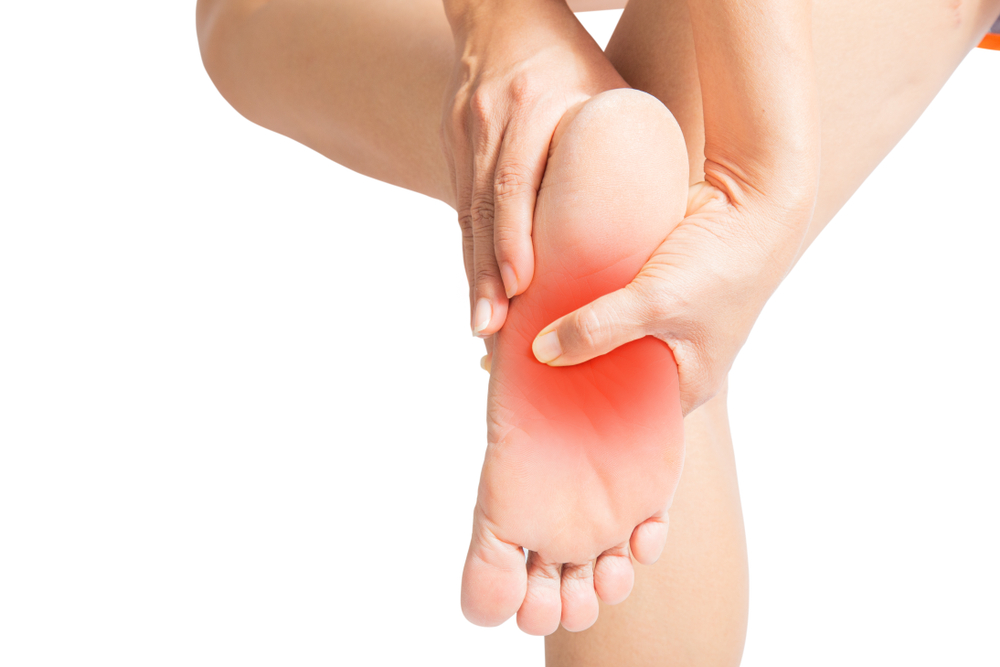
The Barefoot Compromise: Finding Middle Ground
So, are barefoot shoes a good choice for neuropathy? Well, it depends! If your symptoms are mild and you’re looking to strengthen your feet, improve balance, and enjoy a more natural walking experience, they could be a great fit. However, if you’re dealing with severe pain, significant numbness, or other complications, you might want to approach barefoot shoes with caution. Being ‘barefoot’ is somewhat our natural state but due to modern world commitments and societal standards we have veered off course when it comes to choice of footwear. I love the way it feels like I’m ‘getting back to nature’ when I wear a barefoot/ minimalist shoe but I haven’t suffered neuropathy (thankfully) so if you are suffering then you’ll be the most qualified judge.
A compromise could be a minimalist shoe with a bit more cushioning or a hybrid model that offers the best of both worlds. Brands like Xero Shoes and Altra offer options that balance flexibility with some padding, providing a gentle introduction to the minimalist lifestyle.
Final Thoughts: Listen to Your Feet!
Ultimately, the best advice is to listen to your feet—and your healthcare provider. Neuropathy is a complex condition, and what works for one person might not work for another. If you’re curious about barefoot shoes, start slow, pay attention to how your feet respond, and don’t hesitate to consult a medical professional for personalized guidance.
So, whether you decide to go full-on barefoot or stick with more conventional kicks, the goal is the same: happy, healthy feet that keep you moving!

